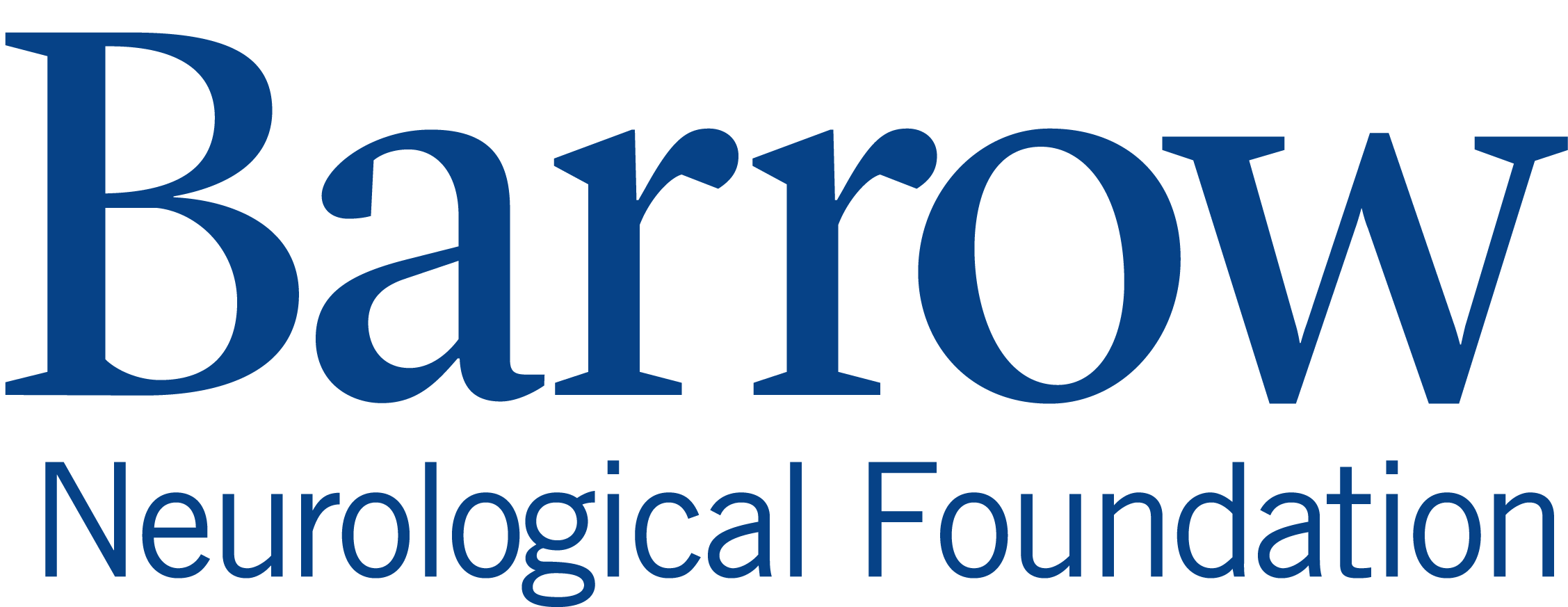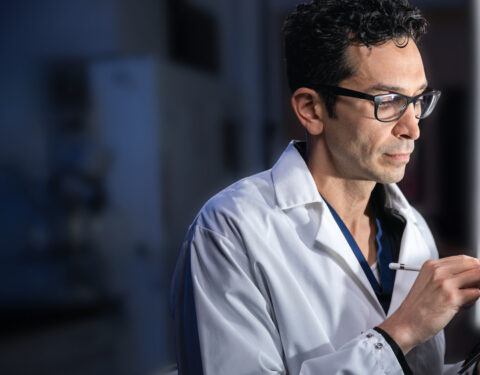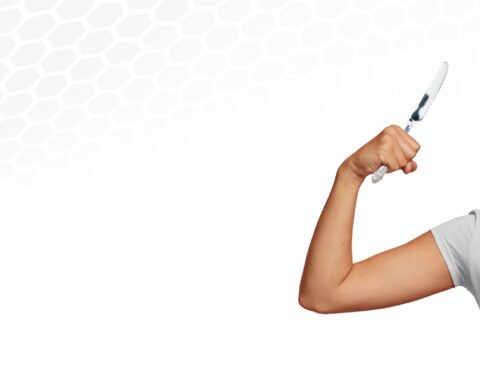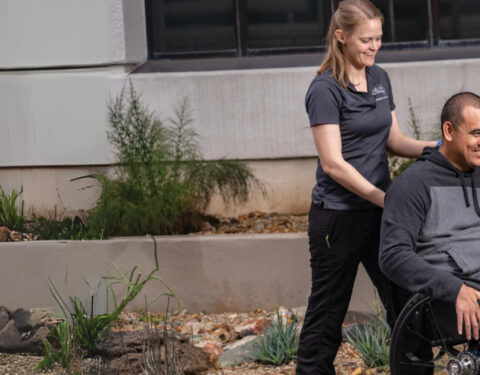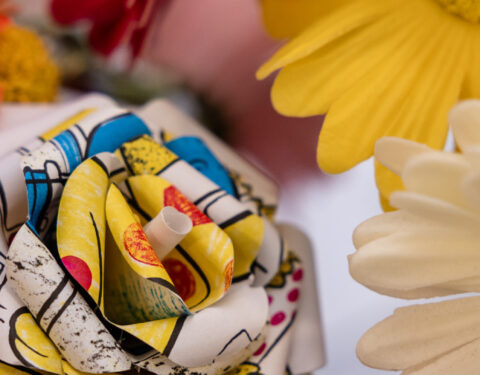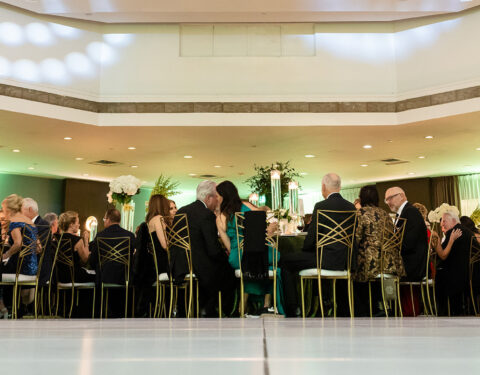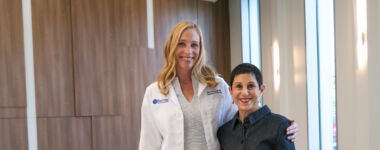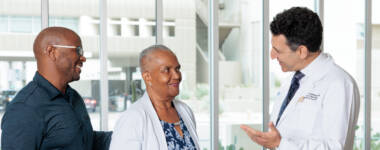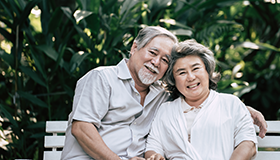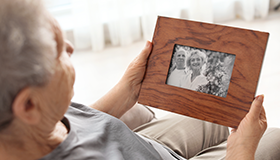
With Barrow, there's reason to believe
By donating today, you can be the driving force behind inspiring stories of hope and resilience just like these.
Barrow Neurological Foundation:
Supporting programs that save lives
Barrow’s leading specialists provide the best clinical care available today while researching the cures of tomorrow.
Aneurysm & AVM
Donate to aneurysm and AVM treatment and research at Barrow.
ALS & Neuromuscular Diseases
Donate to ALS and neuromuscular disease treatment and research at the Fulton ALS Center.
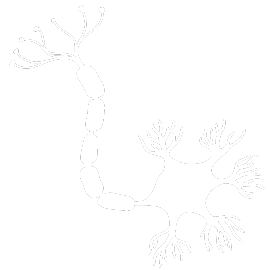
Alzheimer's & Memory Disorders
Donate to Alzheimer's and memory disorder treatment and research at Barrow.
Brain Cancer
Donate to brain cancer treatment and research at the Ivy Brain Tumor Center.
Concussion & Brain Injury
Donate to concussion and brain injury treatment and research at Barrow.
Migraine & Headache
Donate to migraine and headache treatment and research at the Lewis Headache Center.
Neuro-Rehabilitation
Donate to neuro-rehabilitation treatment and research at Barrow.

Parkinson's Disease & Movement Disorders
Donate to Parkinson's and movement disorder treatment and research at the Muhammad Ali Parkinson Center.

Pituitary
Donate to pituitary treatment and research at Barrow.
Spine
Donate to spine research and treatment at the Sonntag Spine Center.
Stroke
Donate to stroke treatment and research at the Petznick Stroke Center.
